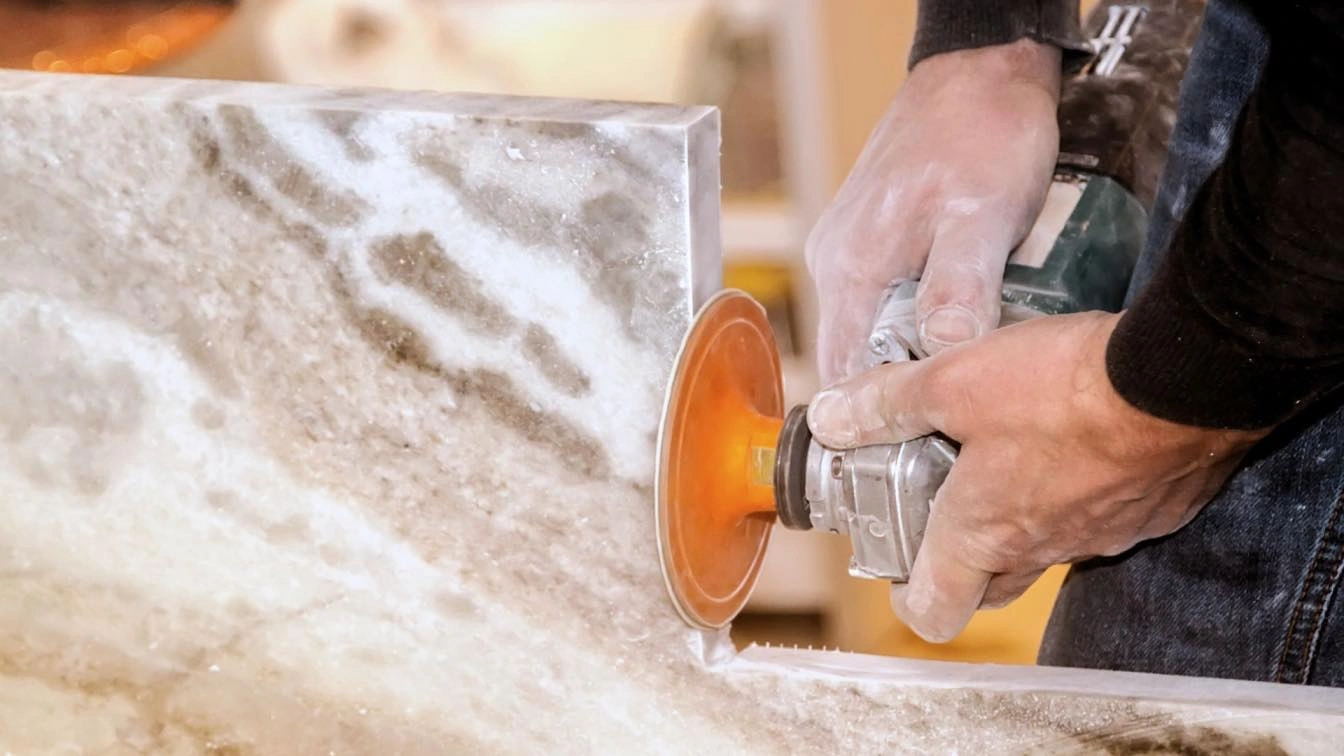
What Are the Environmental Impacts of Countertops Production?
Unveiling the Truth: What Are the Environmental Impacts of Countertops Production on Our Planet?
In the dazzling world of home renovation and interior design, countertops stand as the crowning jewel of functionality and style. From pristine white quartz to sleek granite, countertops dictate the aesthetic and usability of kitchens and bathrooms alike. But amidst their beauty lies a compelling question: what are the environmental impacts of countertops production? As eco-conscious consumers and industry insiders, understanding the environmental footprint of these essential surfaces has never been more critical.
Why Should We Care About the Environmental Impact of Countertops?
It’s easy to get captivated by the visual appeal of countertops, but their production involves processes and materials that significantly influence our environment. The extraction, manufacturing, and transportation of various countertop materials contribute to ecological degradation, resource depletion, and pollution. Recognizing these impacts not only informs smarter choices but also empowers consumers to advocate for sustainable practices in the industry.
What Are the Main Environmental Impacts of Countertops Production?
The journey of most countertop materials begins deep within the earth. Granite, marble, and other natural stones are mined through open-pit quarrying, often resulting in habitat destruction, soil erosion, and water contamination. This quarrying process can leave scars on the landscape and disrupt local ecosystems, creating long-lasting environmental issues.
Manufacturing natural and engineered stone countertops involves energy-intensive processes. Cutting, polishing, and finishing surfaces require substantial electricity, often derived from fossil fuels, which release greenhouse gases. This contributes to global warming and climate change, raising concerns about the carbon footprint associated with countertop production.
Countertop materials are frequently transported across vast distances, adding to their environmental burden. Heavy materials like granite can travel thousands of miles from quarries or factories to retail showrooms, resulting in high carbon emissions due to fuel consumption and freight logistics.
Are Some Materials More Eco-Friendly Than Others?
Several countertop materials boast a more sustainable profile than traditional options. For instance, reclaimed or recycled materials, such as recycled glass or composite surfaces made from post-consumer content, minimize environmental impact. Additionally, some companies prioritize sourcing local materials, reducing transportation emissions.
If you’re exploring options that align with eco-conscious values, consider reviewing how to find affordable countertops that also focus on sustainability and recycled content.
Can the Industry Adopt More Sustainable Practices?
Absolutely. The countertop industry is evolving, with manufacturers increasingly embracing environmentally friendly practices. This includes adopting greener quarrying techniques, utilizing renewable energy in production, and developing innovative, less resource-dependent materials. For consumers, supporting brands committed to sustainability can amplify these efforts.
What Are Some Eco-Friendly Countertop Alternatives?
Materials like recycled glass, bamboo, and concrete composites serve as eco-friendly options that reduce environmental harm. For minimalist bathroom designs, explore these sustainable countertop choices. They combine aesthetics with ecological consciousness, offering sleek and simple surfaces with less environmental impact.
Luxury doesn’t have to come at the planet’s expense. Engineered stones with high proportions of recycled content or biodegradable binders are emerging as sustainable luxury options. These materials deliver stunning visuals while minimizing ecological footprints.
How Can Consumers Minimize the Environmental Impacts of Countertops?
Being an eco-savvy consumer means making informed decisions—here are actionable tips:
- Choose Recycled or Reclaimed Materials: Opt for countertops crafted from recycled glass or reclaimed stone, which significantly reduces the demand for new quarrying activities.
- Support Local Brands: Reduce transportation emissions by sourcing materials closer to your project site.
- Inquire About Sustainable Manufacturing: Ask suppliers about their commitment to renewable energy, waste reduction, and eco-friendly sourcing.
- Proper Maintenance: Maintain your countertops to prolong their lifespan, minimizing the need for replacements and further resource consumption.
Want tips on maintaining your quartz surfaces? Visit how to remove stains from white quartz countertops for expert advice on durability and longevity.
How Does the Industry’s Growth Influence Environmental Sustainability?
As the demand for beautiful, durable countertops skyrockets, so does the pressure on environmental resources. Sustainable growth in this industry hinges on innovation: developing eco-friendly materials, improving manufacturing efficiency, and fostering transparency in sourcing. By choosing suppliers focused on environmental responsibility, consumers can help drive positive change.
What Role Can Policy and Regulation Play in Reducing Environmental Impact?
Stricter regulations around quarrying and manufacturing standards can significantly reduce ecological harm. Policies promoting reclamation, waste management, and emissions reduction hold the potential to transform industry practices and set new sustainability benchmarks. Collaboration between industry stakeholders, governments, and consumers is essential for meaningful progress.
Conclusion: Making Green Choices in the World of Countertops
Unveiling what are the environmental impacts of countertops production sheds light on a complex web of ecological challenges. This awareness empowers consumers to make more sustainable choices—from selecting recycled materials to advocating for greener manufacturing practices. Remember, every countertop installed is an opportunity to champion sustainability, reduce ecological footprints, and protect our planet for future generations.
Frequently Asked Questions (FAQ)
Natural stone is often considered more environmentally impactful due to quarrying, but it depends on sourcing and lifecycle considerations. Engineered surfaces, especially those with recycled content, can offer a lower environmental footprint if produced responsibly.
Research brands that prioritize sustainable practices, ask about their sourcing policies, and look for certifications like FSC or GreenGuard. Visiting their websites or speaking directly can provide insights into their environmental commitments.
Many installers now utilize greener adhesives and sealants, and they can recommend sustainable installation practices to minimize waste. Choose professionals committed to environmentally conscious installation methods for optimal results.
Opting for eco-friendly countertops reduces resource depletion, lowers emissions, and supports responsible manufacturing. Over time, these choices contribute to a healthier planet by promoting sustainable industry trends and reducing ecological harm.




















